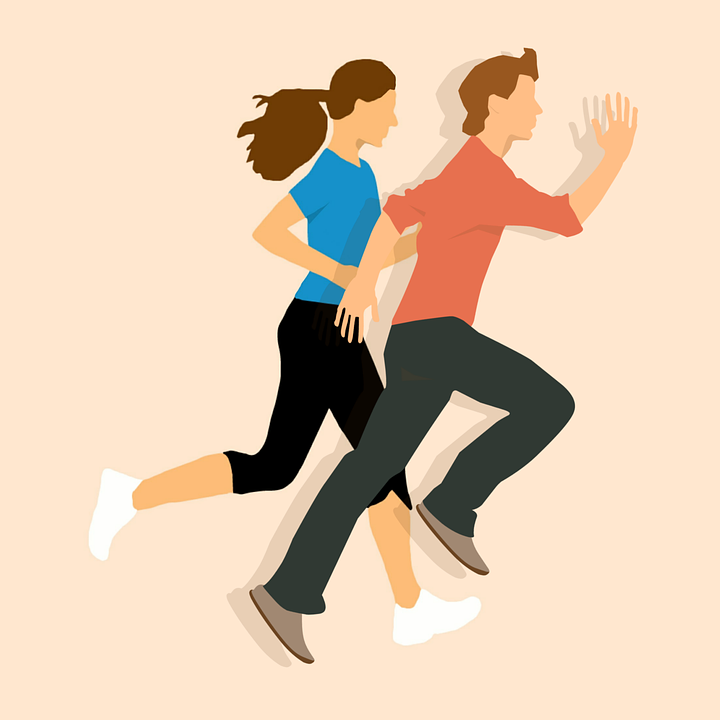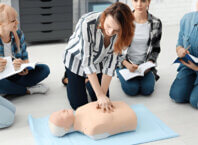
To every runner, physical and mental conditioning are highly essential. That’s why you should be aware of foot conditions that may affect your career. Running instability due to foot conditions are not unheard of and may stem from a number of health problems, including foot deformities such as cavus feet.
Cavus feet, or high arched feet, happens when the arch of your foot is higher than normal. This condition is the complete opposite of flat feet and affects around 20 percent of the population.
You may take the wet test to determine whether you have cavus feet. To do this, wet the soles of your feet then stand on a piece of heavy paper such as a paper bag. If your footprints only show most parts of your heel and the ball of your foot, you have cavus feet.
Your foot arch functions as a shock absorber each time you take a step. If you have cavus feet, too much stress is being placed on your ankle, heel, ball of your foot, and toes, leading to pain when walking or running.
Effects of Cavus Feet in Running

Having cavus feet will not hinder you from running. However, compared to runners with normal foot arch, high arches can affect your running performance because:
You’re vulnerable to injuries. Having cavus feet means that your feet aren’t effective shock absorbers because the impact of your feet on the ground is not equally distributed. Cavus feet are also more rigid, which may affect your balance and stability.
Your running shoes wear out easily. The toe and heel part of your shoes are easily worn out because they carry most of your body weight.
You’re prone to have calf pain, knee pain, and hip pain. Since your foot arch is too high, this causes an unequal distribution of stress in your body when you walk or run. Your calves, knees, and hips have to compensate for this, resulting in aches and discomfort.
You are predisposed to an ankle sprain and heel sprain. Instead of your foot arch, your ankles and heels absorb the stress and impact when you run or walk. Since your foot arch doesn’t have much contact with the ground, your ankles and heels are taking the damage.
You’re at risk of developing hammertoes and claw toes. Hammertoes and claw toes are toe deformities which might arise from having cavus feet because the pressure can make your toes bend or curl downward.
You’ll develop more corns and calluses in your toes, ball of the foot, and heels. These might seem harmless but they might cause you more pain when running. Corns and calluses are thick and hardened layers of your skin which also take up room in your shoes.
Causes and Management
Cavus feet can be inherited. It can also be caused by certain medical conditions such as polio, stroke, cerebral palsy, and other neurological disorders. Wearing ill-fitting shoes does not usually cause cavus feet but it can aggravate the current condition.
Here are some tips on managing cavus feet:
- Wear high arch shoes. These are specialized shoes with a high toe-to-heel arch elevation to fill up the gap brought by your high foot arch.
- Use shoe inserts and silicone foot pads. If high arch shoes are not available, you can modify your footwear by using shoe inserts. You can also add silicone foot pads to cushion your foot and reduce the pressure and impact when running.
- Remove your corns and calluses. Go to a podiatrist and have your corns and calluses removed since these add more stress and pressure to your feet.
Cavus feet are not life-threatening but they can affect your career as a runner if not managed well. If you want to make the most of your run and find out how to best adapt to this condition, consult a podiatrist.







